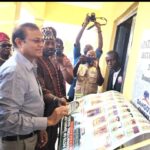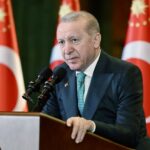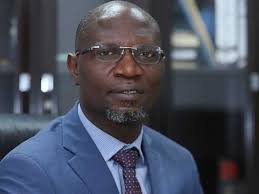NSIA posts net returns of N1.88trn in 2024
By Okeoghene Akubuike The Nigeria Sovereign Investment Authority (NSIA) says it posted a Net return of N1.88 trillion for Financial Year 2024, up from the N1.18 trillion recorded in 2023. The Managing Director/CEO of NSIA, Aminu Umar-Sadiq, disclosed this while presenting its 2024 Earnings at a Media Engagement on WednesdayContinue Reading





















